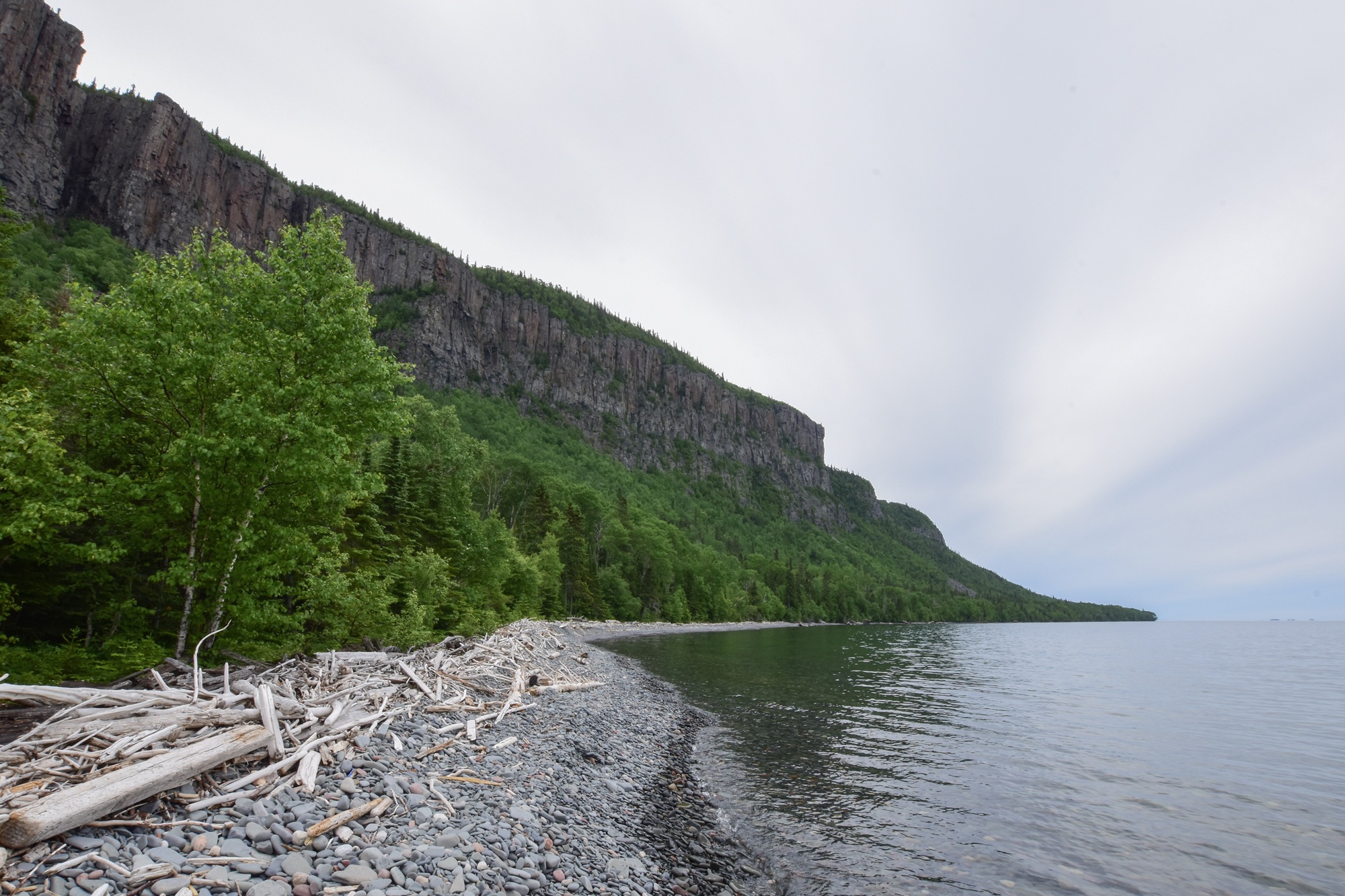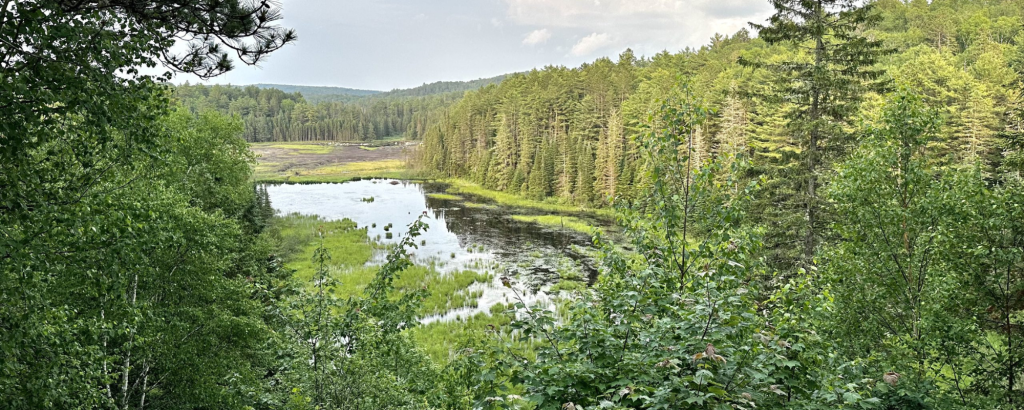
Biodiversity is a big word for the variety of life on Earth.
Biodiversity is you – and every other living thing on the planet.
We see biodiversity every day, but it’s more than bugs and animals and trees. It’s about how everything is connected. If we lose one piece of biodiversity, the rest is affected.
~
We’re all connected
Every species – including humans – is connected and relies on each other to survive.
If one piece of biodiversity disappears, other species can be harmed. It’s important to protect biodiversity so that we don’t lose any of these important pieces.
For example: imagine if maple trees disappeared. We’d miss their leafy shade, fall colours, and maple syrup.
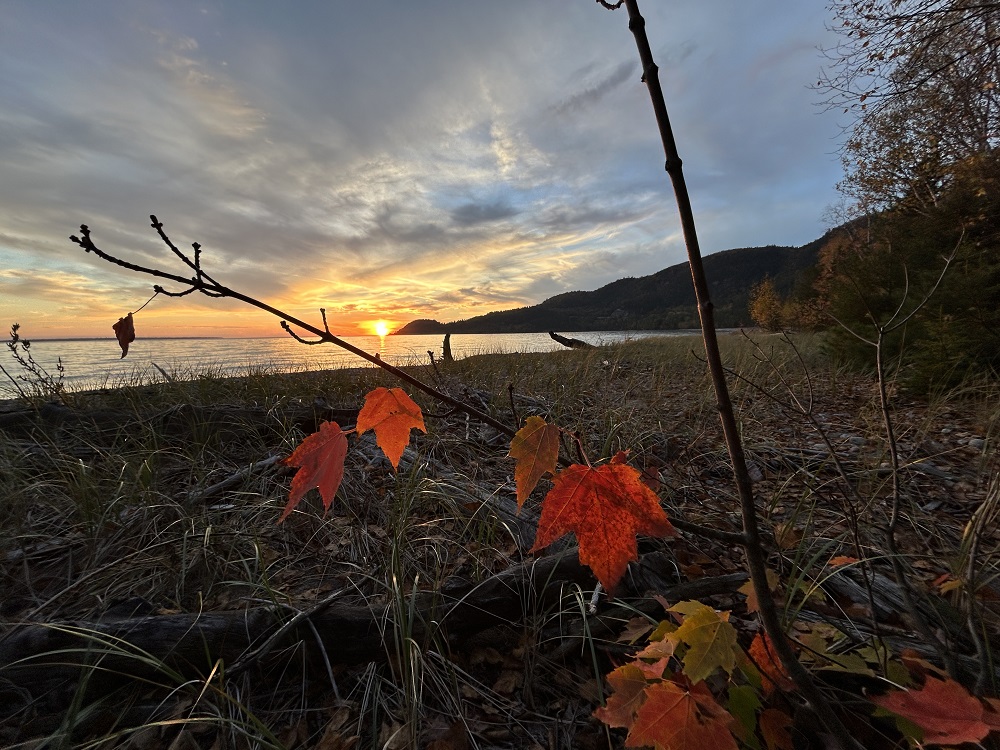
And we’d lose all the valuable oxygen, homes for birds and animals, and wood for buildings and furniture. The look of our backyards, forests and province would change forever.
And that’s just a single small example.
We can’t exist without biodiversity. It provides things like:
~
Medicine
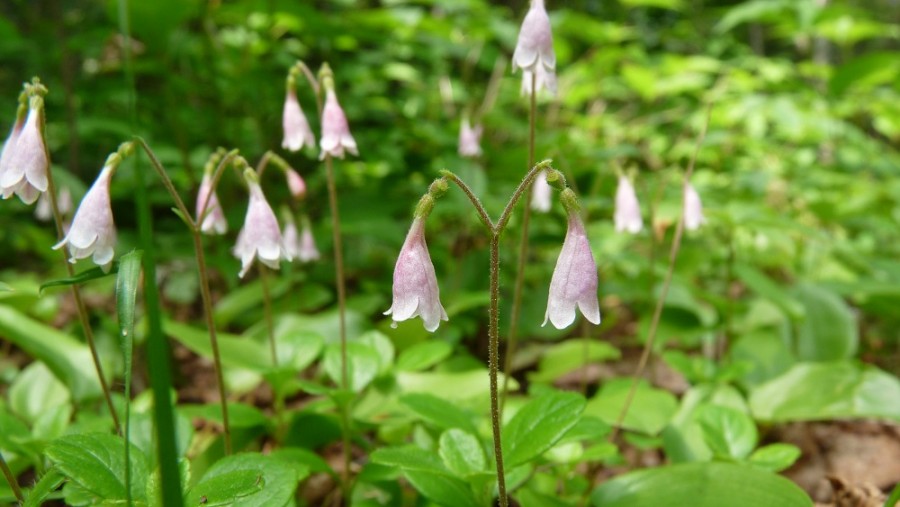
Aspirin, penicillin, and thousands of other medicines are derived from nature.
In fact, over half of all prescription drugs are made from plants, animals, and micro-organisms. With more than 30,000 species, Ontario may be home to undiscovered life-saving medicines.
~
Food
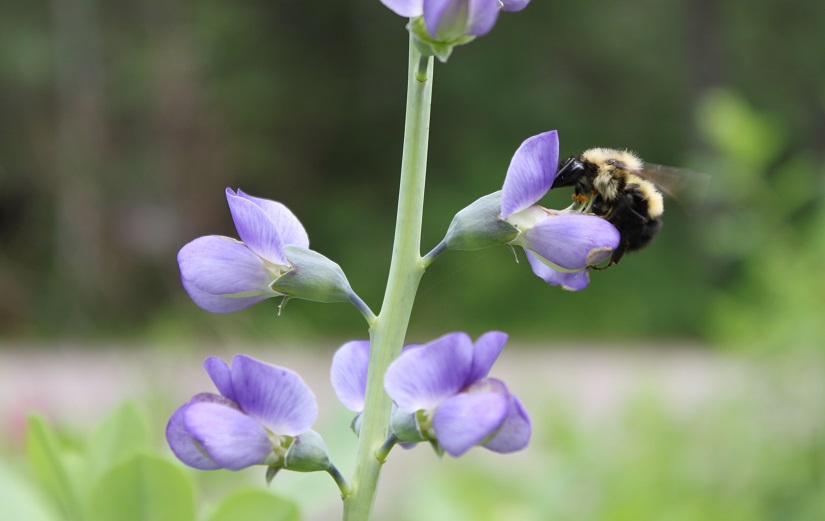
You are what you eat and food is one of the many great things that biodiversity provides.
Bees pollinate crops, organic fertilization increases yield, and heirloom varieties make our plants stronger and healthier.
One Ontario farmer can feed 120 people each year, all thanks to biodiversity.
~
Climate
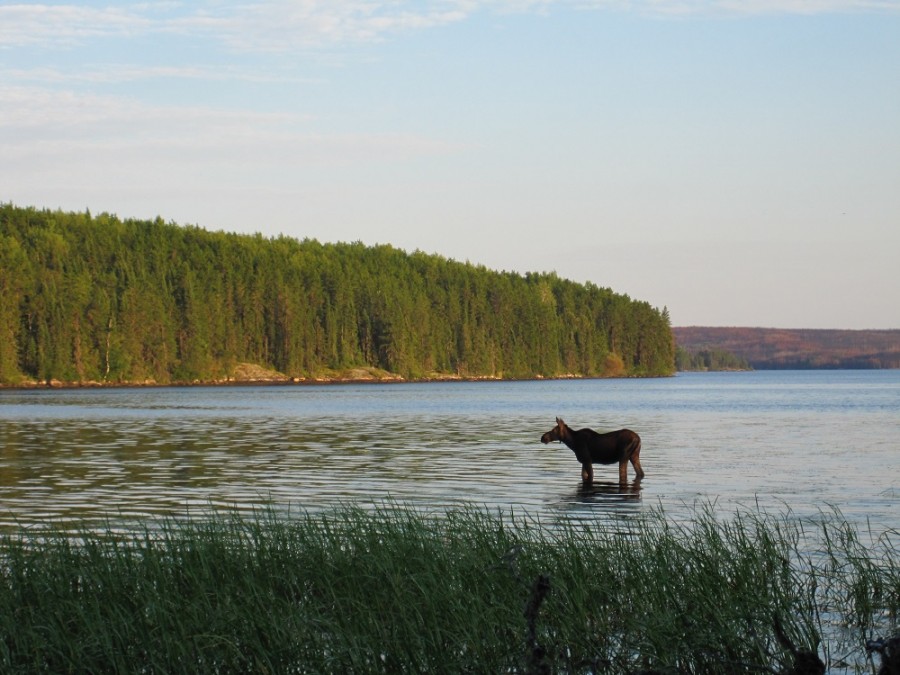
Did you know that biodiversity also regulates our climate?
Forests, wetlands, and other conserved habitats help to regulate greenhouse gases like carbon dioxide and reduce the impact of floods and droughts.
What can I do to help?
Help scientists track changes in the environment by contributing to community science monitoring programs.
Conserve and restore habitats by planting a tree or cleaning up a park, ravine, or river near where you live.
Reduce your ecological footprint by car-pooling, recycling, and using less energy.

